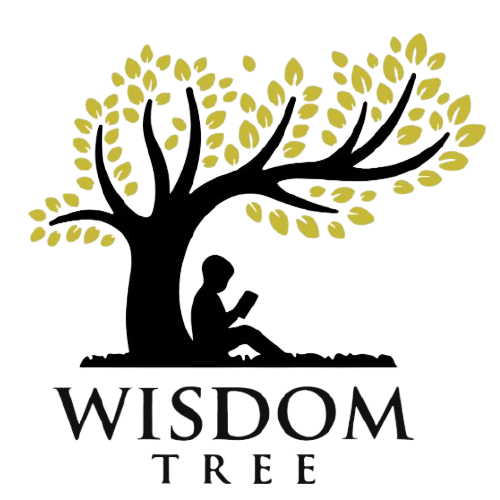In today’s fast-paced information driven world, we have access to more data than ever before. The amount of information that is being created and shared is growing exponentially.
Despite the many perceived benefits, it seems we humans are more confused about what to believe in and how to use this information. As I witness the societal dash to churn out more information on a daily basis, I have often reflected on how there is less and less meaning, and little consideration for the cognitive overload this might be causing.
One may want to refer to research on how this impacts the brain. Whilst this does exist, for me it is common sense and best depicted by our lived experience. There is no panacea for information overload…it is an ongoing journey which we are all trying to navigate. For me, being conscious of my thinking patterns and unintended consequences of too much information, is a good starting point:
The Illusion of Knowledge: We tend to believe that exhaustive research will lead to the perfect decision. It can however, trap us in a cycle of seeking more information, delaying decisions, and ultimately denying us valuable opportunities.
Quality vs Quantity: The sheer volume of available information resources, can cloud judgment, introduce biases, and lead to decision-making based on irrelevant or misleading information.
Analysis Paralysis: It is not uncommon to find ourselves endlessly comparing options, weighing advantages and disadvantages, and seeking absolute certainty even for the most simple of decisions.
Decision fatigue: As our brains become overwhelmed, we may experience mental exhaustion and reduced focus, thereby making poor decisions. Knowing when we are overloaded is a crucial first step to reclaiming headspace and energy for the most important decisions.
I leave you with a quote from Robert Dobelli, a Swiss author whose books including ‘The Art of Thinking Clearly’ and ‘Stop Reading the News’ have been thought-provoking:
In the age of information overload, the skill of knowing what to ignore is becoming increasingly valuable
Rolf Dobelli
